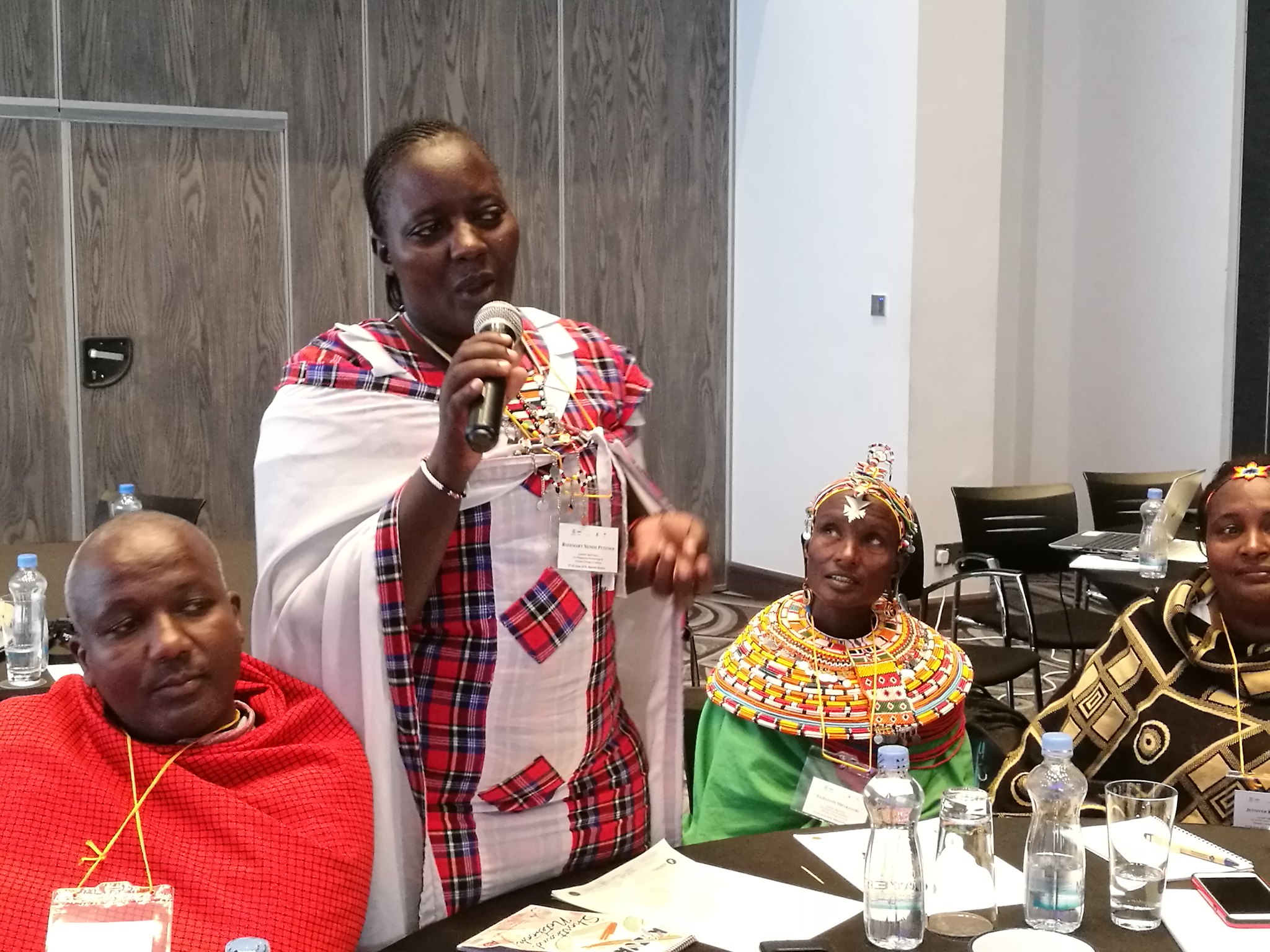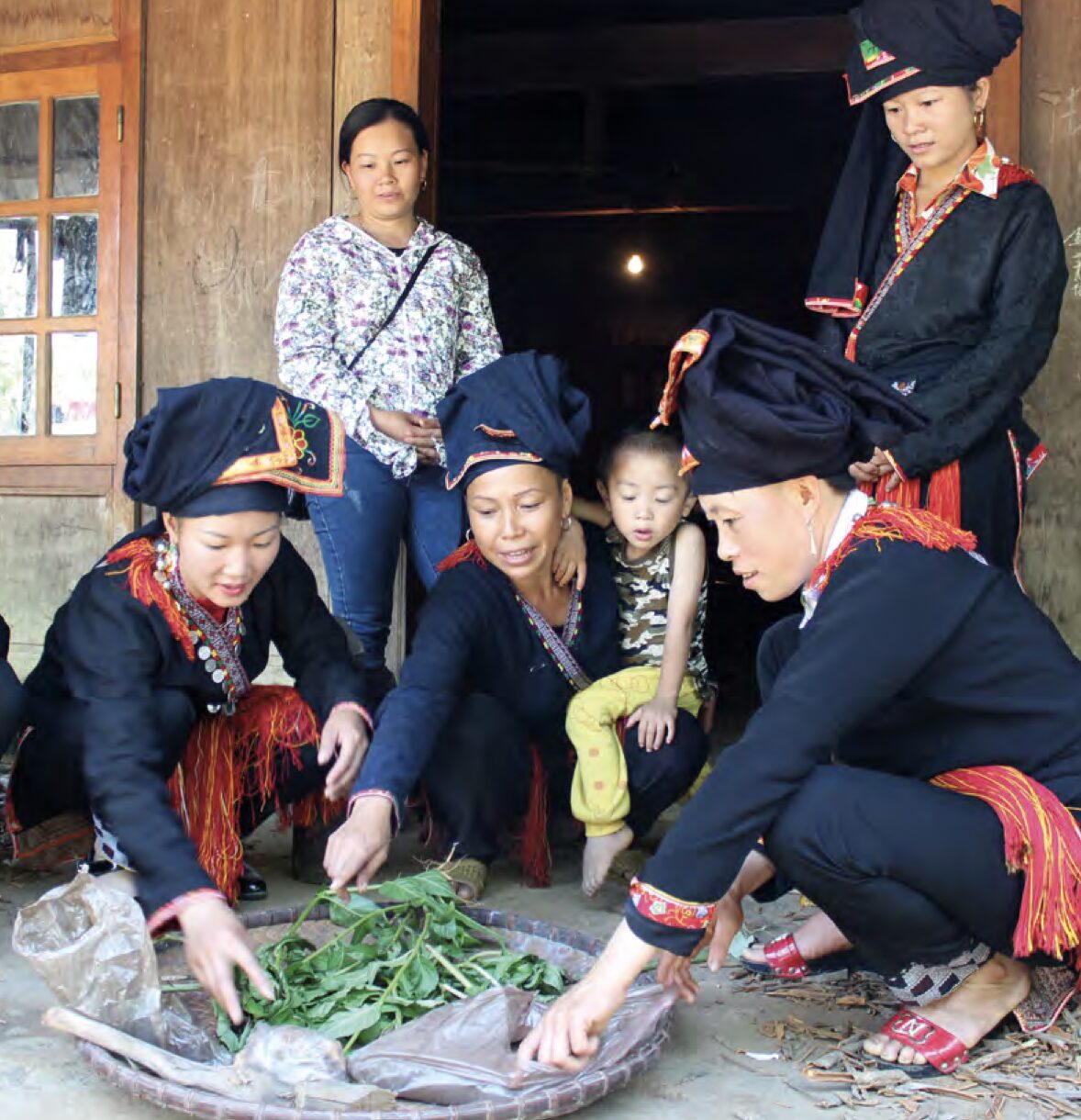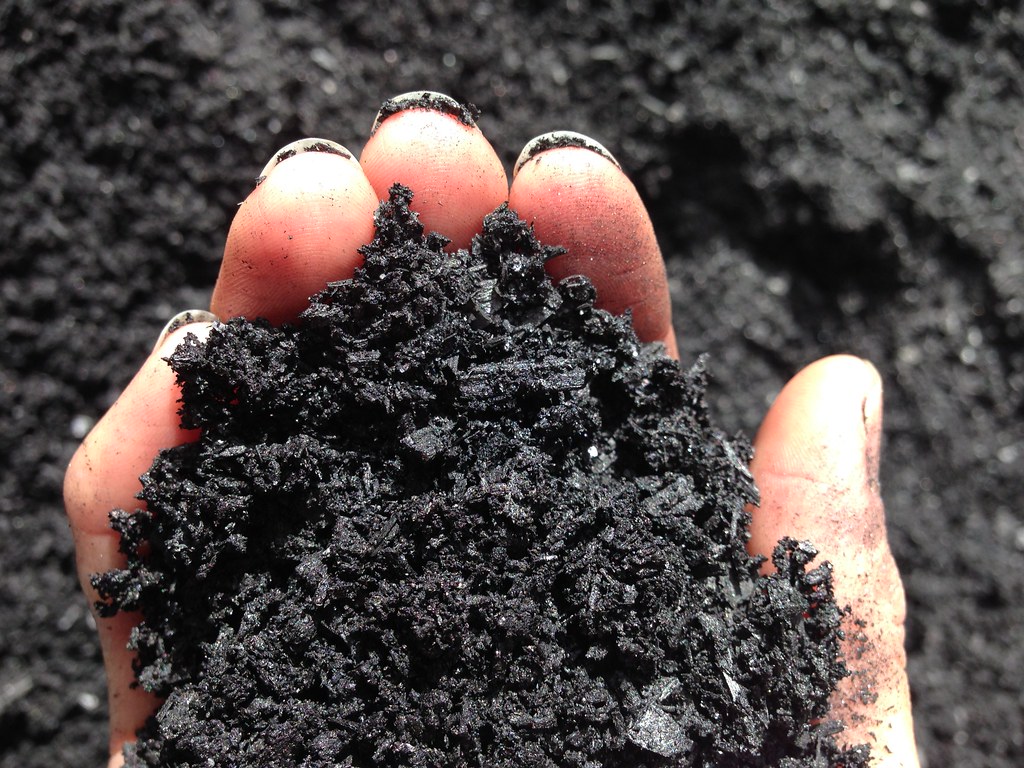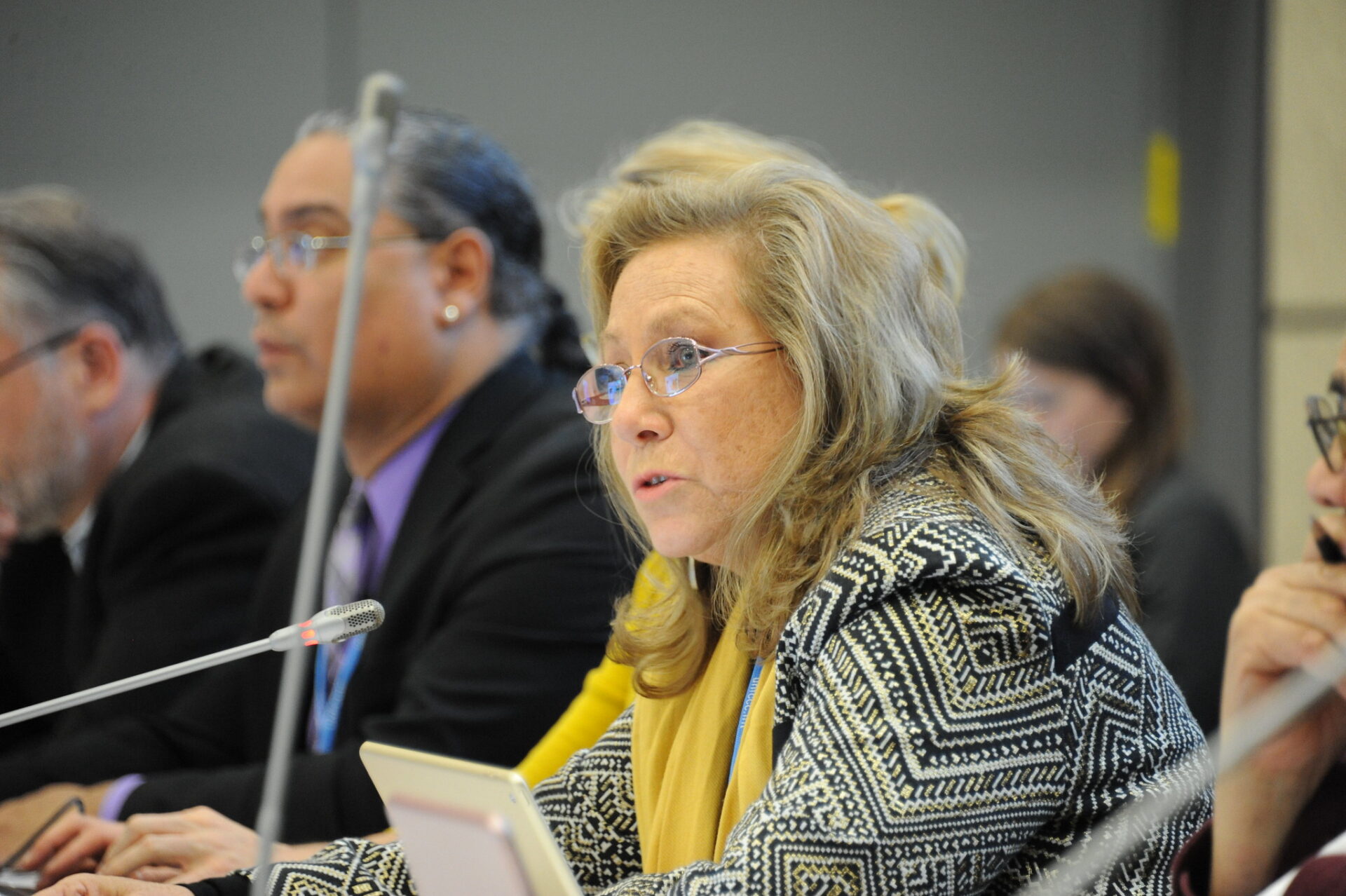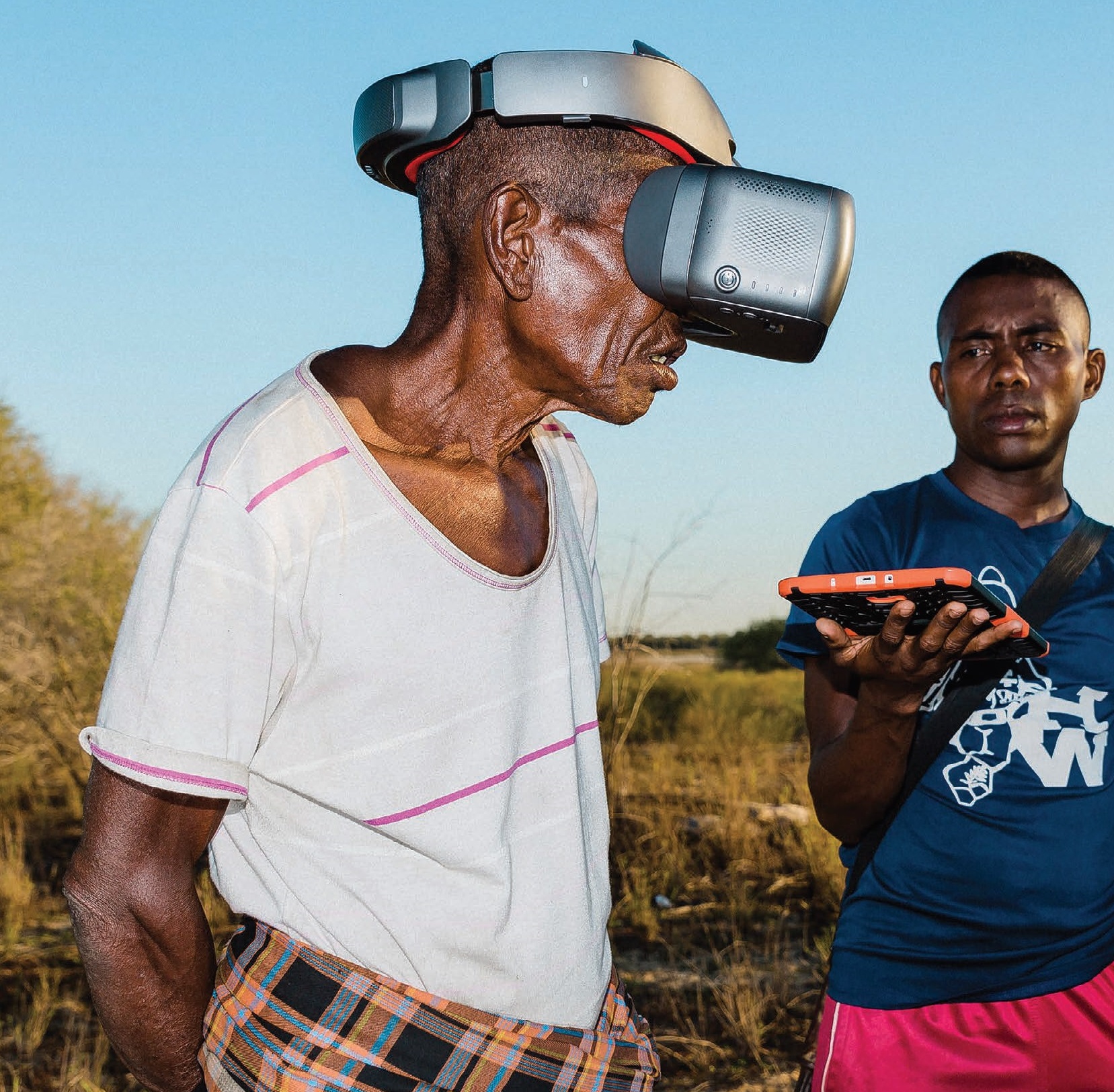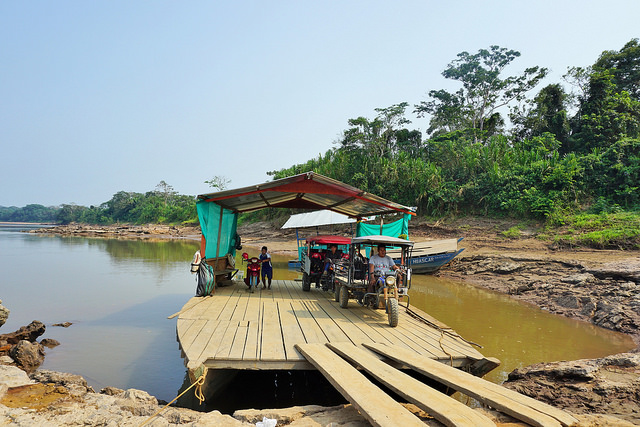Indigenous communities
The role of indigenous knowledge in climate change adaptation in Africa
This study documents evidence of the potential of Indigenous and local knowledge in reducing vulnerability to climate change and/or improving the resilience of communities.
Nationally Determined Contributions in Asia: Are governments recognizing the rights, roles and contributions of Indigenous Peoples?
This report synthesises the findings from 10 country-level reports which examine how the rights, roles and knowledge of indigenous men, women, youth, and persons with disabilities are addressed in national-level climate policies and plans.
MRD Talk #02: Engaging with Indigenous and local knowledge for the conservation of mountain landscapes
The second talk in the MRD Talk series, highlighting how working with Indigenous and local knowledge holders is crucial to conserving mountain landscapes.
Indigenous Knowledges and Perspectives on Climate Adaptation online course
This course developed by Royal Roads University invites learners into deeper thinking, reflection and content pertaining to indigenous perspectives in climate adaptation and mitigation.
Climate-Smart Land Use Insight Brief No. 5- Sustainable soil management for enhanced productivity and climate benefits in ASEAN
Brief on implementing sustainable soil management (SSM), a focus on restoring soil health, with many benefits that contribute to improving food security in Southeast Asia
Ecosystems for the Future Online Course
Take this online learning course to bring into focus the practice of restoration of ecosystems at the local and regional level in British Columbia through a series of presentations and video lectures.
Indigenous people, water, and climate change
This policy brief was prepared following the momentous UNFCCC Conference of the Parties (COP25) outcome in which Parties adopted a two-year workplan for the Local Communities and Indigenous Peoples’ Platform (LCIPP).
Canada’s Climate Change Adaptation Platform
Canada's Climate Change Adaptation Platform aims to create an enabling environment for adaptation, where decision-makers in regions and industry are equipped with the tools and information needed.
PARTNERS IN SCIENCE: How the People Who Should Benefit from Research Are Increasingly Shaping How It Is Done
Community-based participatory research has been gaining traction for the past two decades. Nature talked to three research groups that have built successful co-produced projects with this approach.
IPCC Special Report on 1.5°C highlights challenge to achieve climate stability and end poverty
This CDKN blog describes why we must heed the IPCC's 1.5°C Special Report and prevent further climate change that will harm the most vulnerable people.
